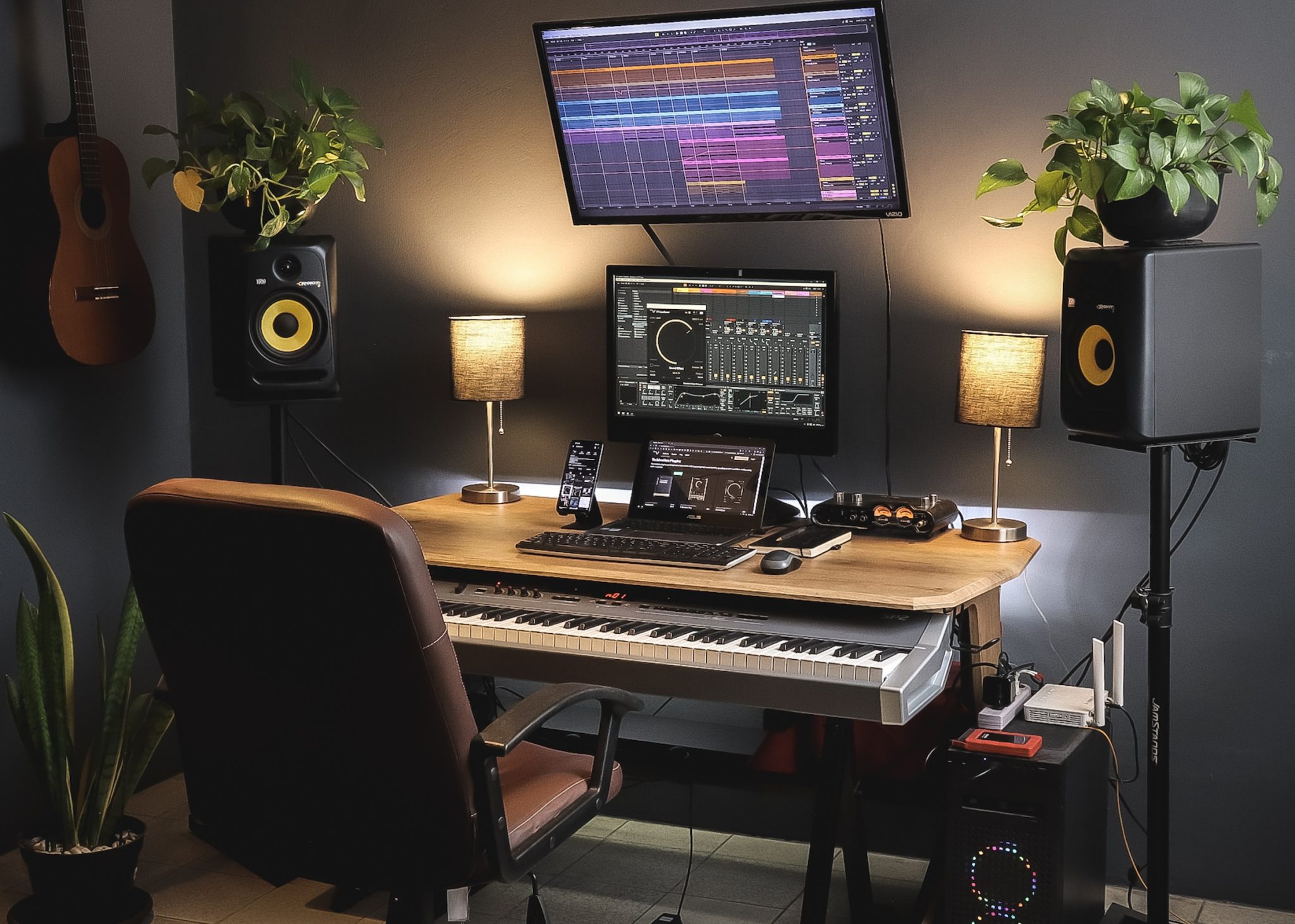You understand how tough it is to earn the ability to be free that comes with freelancing since you are a self-employed musician or artist. You are responsible for managing your own marketing, planning, creative projects, and bookkeeping. Sadly, accounting and taxes are rarely as pleasurable as playing music, and a lot of independent contractors struggle to maximize their tax deductions and file their taxes on time. In addition to ways for doing accurate tax computations, this essay will go through a few tax deductions accessible to independent musicians and artists.

For example, if you earned $50,000 but only spent $10,000 on allowable business expenses, you can deduct $10,000 from your income and just pay taxes on $40,000 instead. Since you pay less in taxes as a result of having greater tax deductions, this might affect how much you’ll have to pay in quarterly tax payments.
You may be able to claim certain deductions if you work for yourself as a musician or artist:
Table of Contents
Instruments and equipment
Any instruments, microphones, amps, or other equipment you need to buy for your artistic endeavors may be deductible from your taxes. You can only write off the part of the equipment that is utilized for business purposes if you use it for both your private use and commercial purposes. The sole purpose of the equipment shall be commercial. It’s important to remember that if the equipment’s cost exceeds a certain level, it could need to be deducted gradually rather than together.
Costs of having a home office
If a section of your home is only used for work, you may be able to deduct that space from your taxes as an office. This might include things like rent, utilities, and upkeep for your office location. Since the deduction is based on the percentage of your home that is used for business, you must measure and calculate the square footage of both your office and your home.
Travel expenses
If you need to go away for business reasons or attend conferences, you can deduct travel-related expenses like where you stay and meals. Keep meticulous expenditure records, including receipts and proof of attendance at events like conferences and performances. A band or other musical group may decide to split the costs among all of the musicians.
Education costs
Tax deductions may be available for expenses related to taking lessons or attending seminars to further your creative abilities. Both tuition and the price of books and supplies are covered by this. You may, however, only deduct educational expenses that are related to your line of work or business and not those that are for your own personal development.
Price of advertising
Any costs you expend for advertising, promotional items, or website fees may be deductible when you file your taxes. Be aware that some marketing costs may count as capital outlays and must thus be written off gradually rather than all at once.
Now that we are aware of possible tax deductions, let’s have a look at several techniques that may be utilized to accurately compute taxes.
Calculating your 1099 taxes
If your clients send you 1099 paperwork, it means you were paid as an independent contractor and you have to report that income on your taxes. To calculate your taxes, you must have access to your income, tax rate, and deductions. Here is a basic equation:
The sum of all income less all deductions is the taxable income.
Taxable income multiplied by the tax rate equals the total tax owed.
If you made $80,000 as a freelancer and took $10,000 in deductions, for instance, your taxable income would be $70,000. If your tax rate is 20%, the total amount of your tax debt is $8,000. Remember that tax rates might be different depending on where you are located and your income.

A tool for calculating taxes
To avoid IRS penalties and interest, you must pay your projected taxes as a freelancer during the course of the year. You need to pay estimated taxes four times in a year and are calculated based on how much you intend to make for the year. If you are unsure, try an estimated taxes calculator.
An estimated tax calculator will calculate how much you should pay each quarter based on your income, deductions, and anticipated tax rate. This might help you avoid paying over or under during a year. Additionally, the IRS offers a free calculator on their website.
A tool for estimating self-employment revenue
In addition to your federal income tax, you can also be required to make self-employment tax payments if you work for yourself. Your net income is used to calculate your self-employment tax. Make use of a self-employment tax calculator to determine your tax obligation.
Finally, being a self-employed musician or artist comes with a variety of duties, such as accounting and taxes. Utilizing tax deductions, however, as well as software like a 1099 tax calculator, projected taxes calculators, and self-employed income calculators, might help you save money and pay your taxes accurately. Keep records of what you spend, and reach out to a tax professional for help if you’re unsure how to file. With a little work, you may focus on your artistic passions and maintain your freelancing success.
- About the Author
- Latest Posts
Whether she is researching the latest trends in home decor, life-changing destination getaways, or the best way to maintain your finances, Dewey takes pride in leaving no stone unturned. She is passionate about distilling and delivering high-quality information that you can use to upgrade your life.

